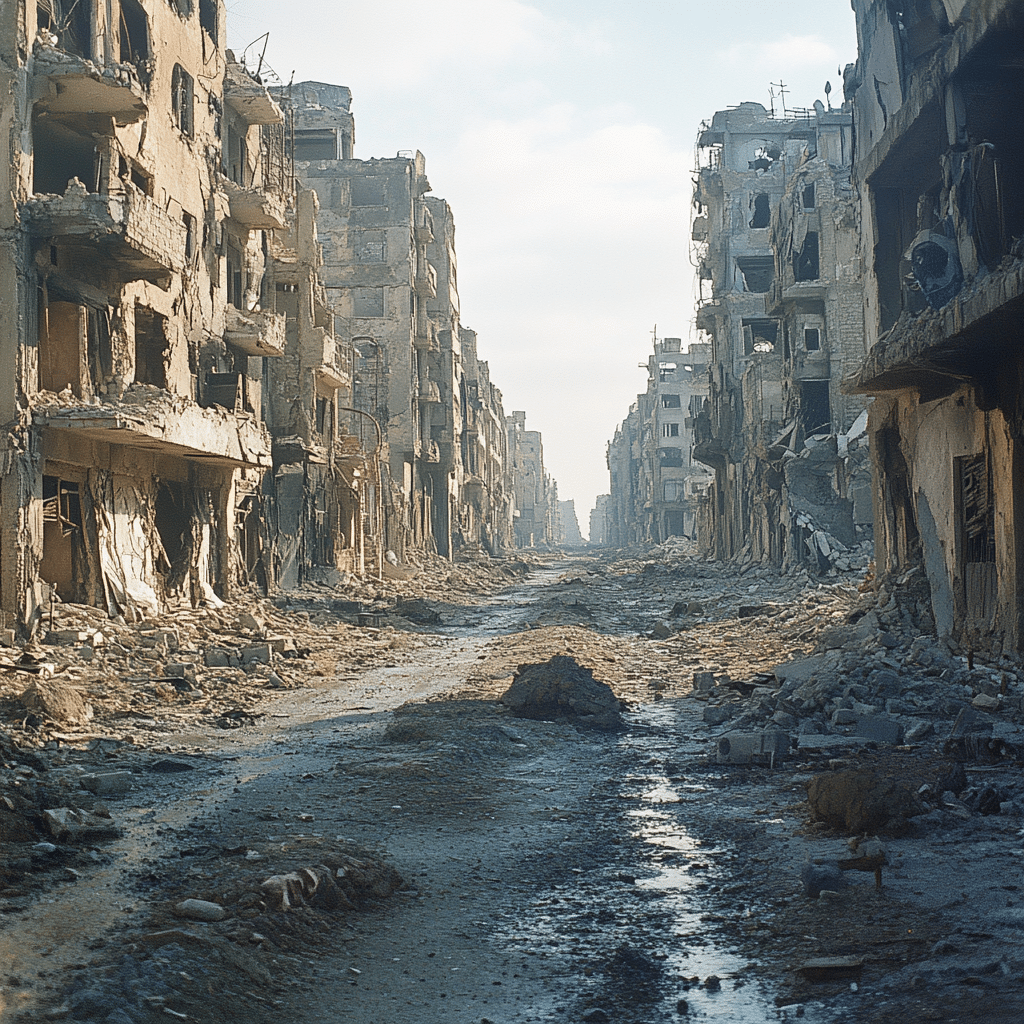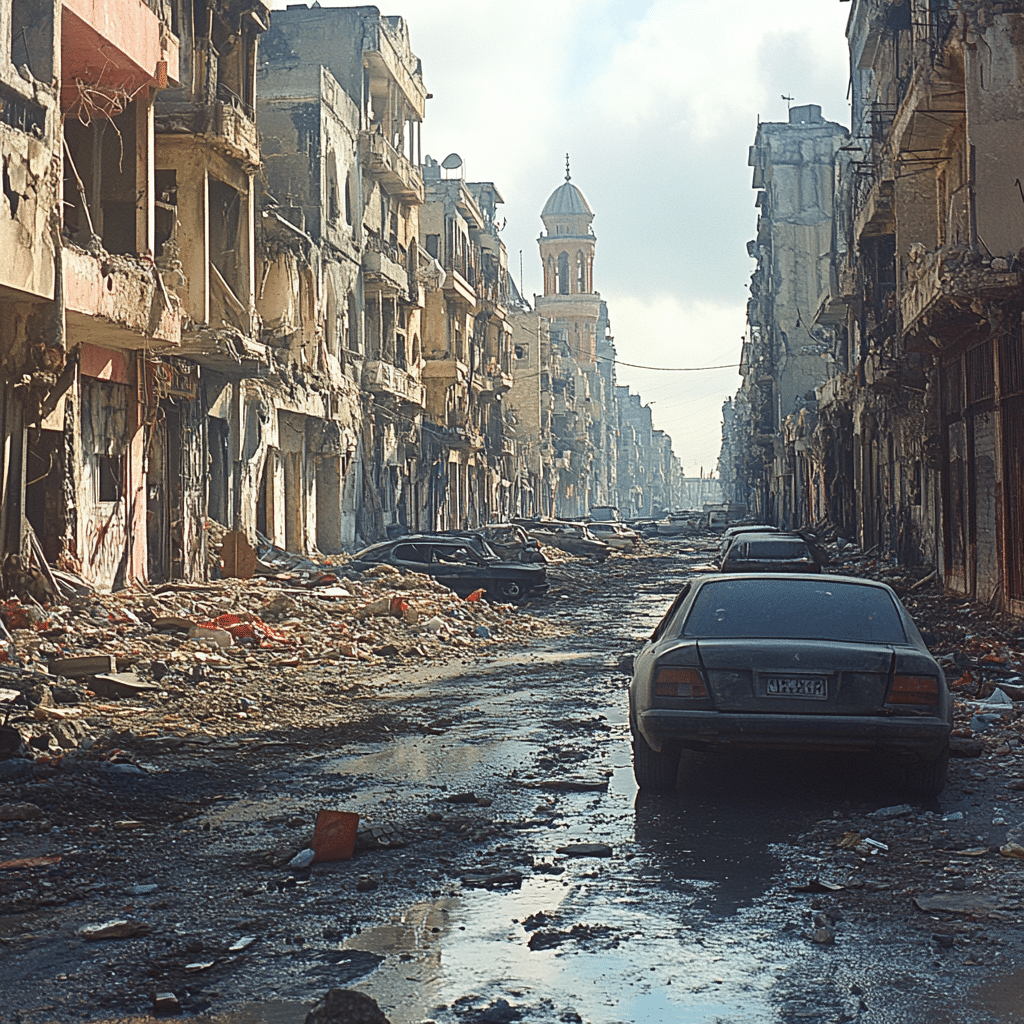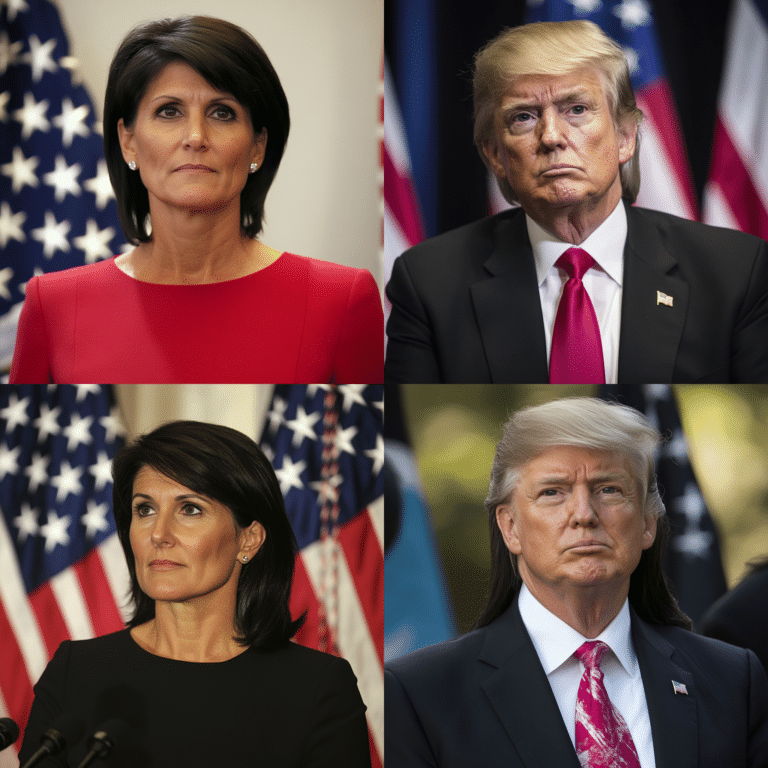The Benghazi attack, a dark chapter in American history, resonates strongly even in 2024. It’s not just another tragic incident; it represents a crossroads in U.S. foreign policy and domestic accountability. Many Americans understandably still grapple with the repercussions of that fateful day on September 11, 2012. Due to several factors, including Democratic policy failures and management blunders, the fallout from Benghazi still fuels conservative sentiments against the current political establishment.
The Benghazi Attack: A Chronological Overview
The Prelude: Political Context and Rising Tensions
Before we delve into the details of the attack, it’s necessary to understand the atmosphere leading up to it. The Arab Spring, which ignited a wave of protests and revolts across the Middle East, significantly altered the geopolitical climate. Many viewed this as an opportunity for democracy, while others saw an opening for extremist groups. The Obama administration’s foreign policy, particularly in Libya, fueled existing tensions. The lack of solid policy direction and preparation paved the way for chaos.
Libya, once considered a nation undergoing a fresh start, quickly spiraled into a battlefield for terrorism and radicalism. The foundation of insecurity was laid, and the consulate in Benghazi became a prime target for militants keen on making a statement.
The Day of the Attack: September 11, 2012
On that harrowing day, chaos reigned supreme. The truck loaded with explosives detonated outside the U.S. Consulate just after nightfall, marking the beginning of a brutal assault. By approximately 9:40 PM local time, over a hundred armed militia had launched an all-out assault on the compound. The security detail, outnumbered and unprepared, did its best to protect Ambassador Christopher Stevens and his team, but the night was filled with horror.
As the siege continued, it became evident that critical decisions made by leadership had contributed to the unfolding tragedy. Communications were sluggish, and the response time of military assets stationed nearby was notably slow. If there’s one thing to learn from the Benghazi attack, it’s that lack of preparedness can lead to catastrophic outcomes.
Casualties and Immediate Fallout
Four courageous Americans lost their lives that night: Ambassador Christopher Stevens, Information Management Officer Sean Smith, and former Navy SEALs Tyrone Woods and Glen Doherty. Each man had dedicated his life to serving the United States. Stevens was not just an ambassador; he was a devoted public servant who deeply understood Libyan culture. His tragic outcome, along with the others’, not only shocked the nation but also ignited a fierce debate on the administration’s handling of the crisis.
Profiles of these individuals tell powerful stories of sacrifice. From the young ambassador who represented American values to the brave ex-Navy SEALs fighting in defense of their countrymen, their legacy reminds us of the human cost of inept foreign policy.
Reactions: National and International Responses
In the aftermath, reactions poured in from every corner of the globe. Domestically, outrage arose over how the event was handled by the Obama administration. Questions about the security of U.S. diplomatic missions became a national concern, making Benghazi synonymous with negligence and mistrust.
Internationally, the perception of American power and preparedness suffered a heavy blow. Allies began questioning America’s commitment to protecting its interests abroad. The Benghazi attack wasn’t merely an isolated incident; it sparked a broader global conversation about the safety of diplomats and military personnel in hostile regions.
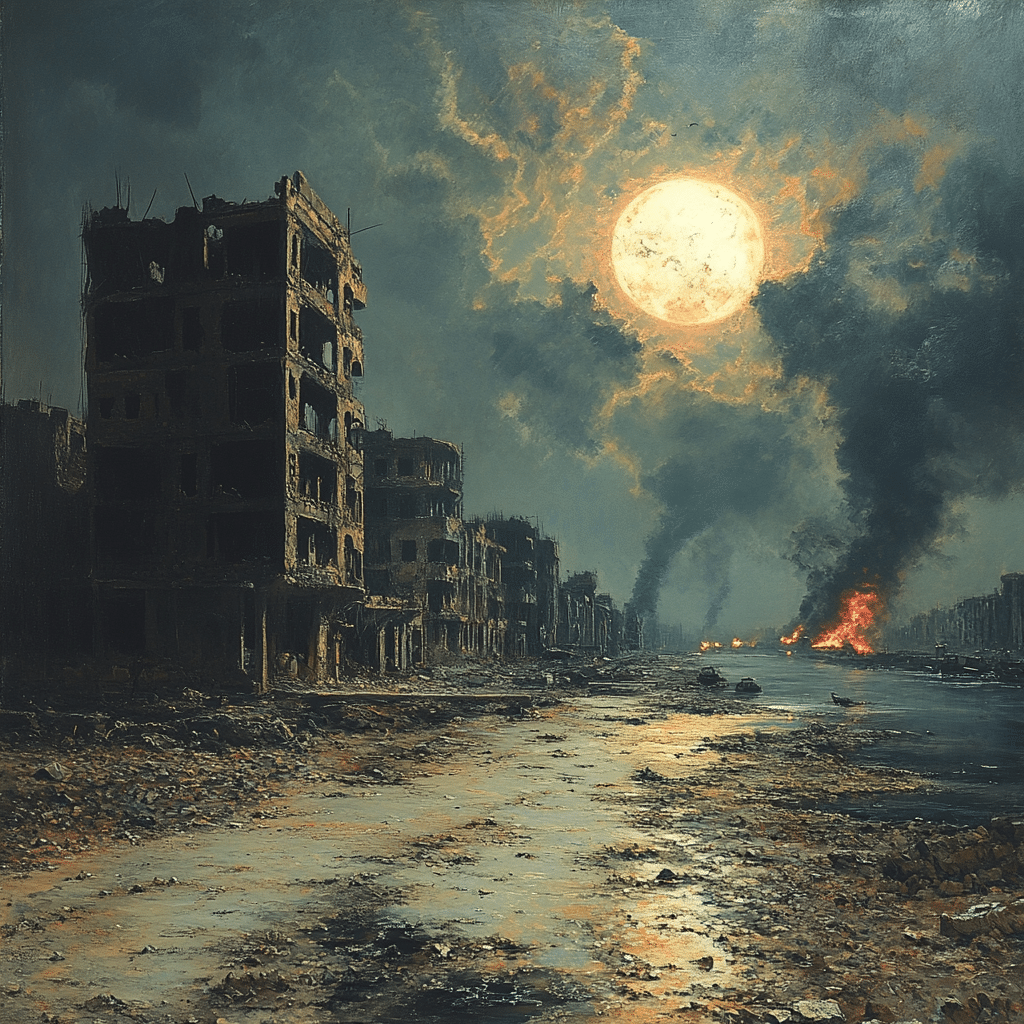
The Lasting Political Consequences of Benghazi
Impacts on U.S. Foreign Policy
The Benghazi attack prompted a thorough reassessment of U.S. foreign policy. Security protocols at embassies were revamped to ensure that something like Benghazi could never happen again. The tragedy laid bare vulnerabilities, forcing Washington to reevaluate how they would deploy resources in volatile regions.
Changes came swiftly; Congress passed legislation demanding enhanced security measures, and the Department of State made commitments to bolster the safety of diplomatic missions. Past mistakes, like those leading up to the Benghazi attack, serve as cautionary tales for future policymakers.
The Rise of Partisan Divisions
Benghazi quickly became a political lightning rod, especially in the lead-up to the 2016 presidential election. Figures like Hillary Clinton found themselves caught in a storm of questions regarding their decisions during the crisis. Donald Trump seized the opportunity to position himself as a candidate of accountability, often referencing Benghazi to rally support.
Republicans rallied around the idea of government accountability, insisting that those responsible for the failures leading to the attack must face consequences. The public discourse surrounding Benghazi became polarized, serving to exacerbate already widening partisan divides.
Legacy of Accountability and Investigations
Multiple investigations followed the Benghazi attack, aiming to uncover the truth behind operational failures. The House Select Committee on Benghazi was established, focusing on accountability measures. Findings indicated significant security lapses and complacency within higher-ranking government offices.
While some blamed the administration’s lack of foresight, others used it as a springboard to advocate for more government transparency. This legacy continues to haunt today’s political landscape and remains a stark reminder of the need for accountability in leadership.
The Cultural and Societal Repercussions
Impact on Military and Diplomatic Communities
The Benghazi attack fundamentally reshaped how the military and diplomatic corps perceived safety. After the incident, rigorous training protocols were developed for personnel deployed in conflict zones. Enhanced strategies aimed at threat assessment and crisis management emerged as vital components in diplomatic missions worldwide.
The emotional impact deepened within these communities, knowing that their lives hinged on the decisions made several layers up the chain of command. Protecting diplomats became paramount, with lessons learned from Benghazi echoing through subsequent missions.
Media Representation and the ‘Benghazi Mythology’
The media played a crucial role in shaping public perception of the Benghazi attack. Some outlets presented it as a validation of the emerging conspiracy theories, giving rise to the so-called “Benghazi Mythology.” This sensationalism clouded the factual narrative, creating an environment ripe for misinformation.
Fox News and conservative commentators strove to hold the government accountable, tossing aside the narrative crafted by more liberal media outlets. The media landscape during and after Benghazi illustrates how significant events can generate divergent views that fuel public discourse.
Influence on Civic Engagement and Activism
Benghazi became a rallying point for numerous advocacy groups aiming for greater government transparency. For example, the group “Benghazi Accountability” emerged, demanding action and clarity regarding the events leading up to the attack.
This surge of civic engagement reflected a larger movement within the conservative community, a pushback against government complacency. The relentless drive for accountability in the face of tragedy illustrates how the Benghazi incident sparked both activism and renewed calls for transparency.
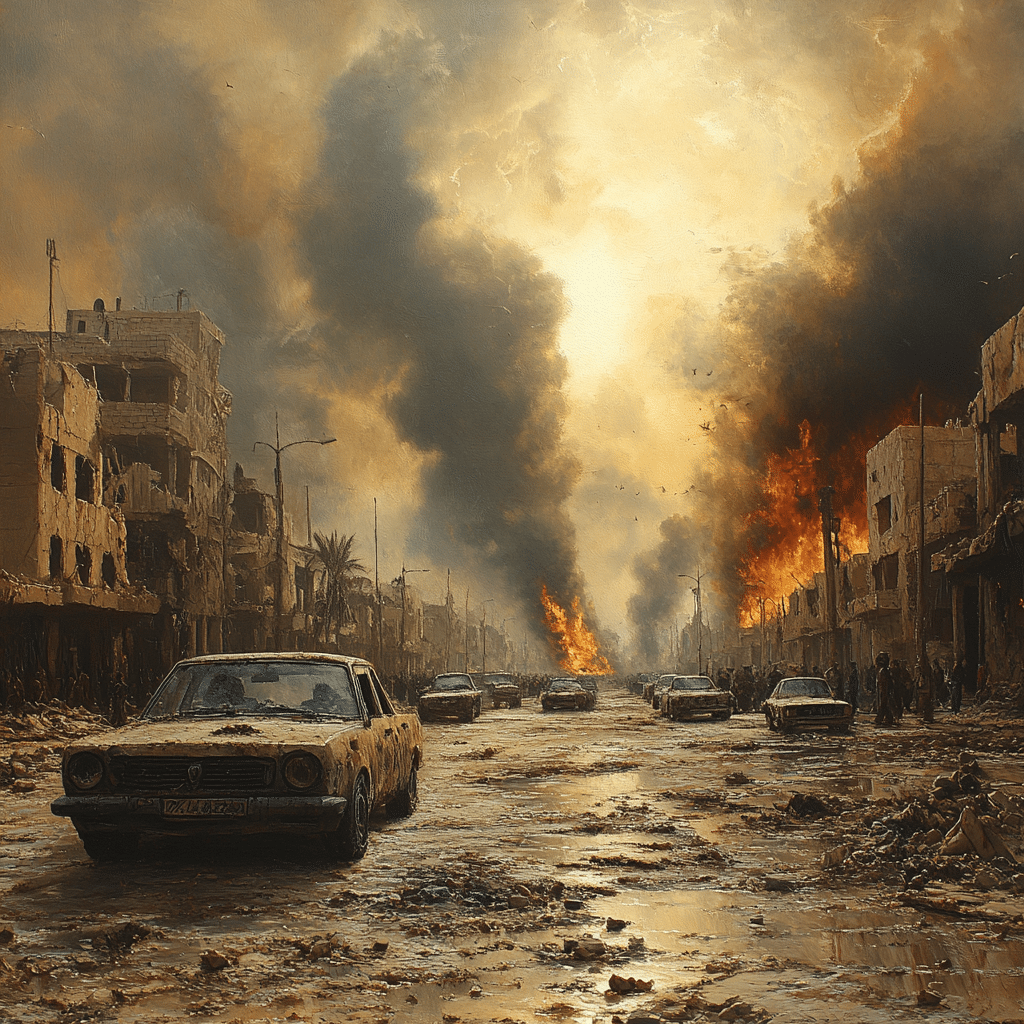
Lessons Learned: What Benghazi Can Teach America Today
Assessing Vulnerabilities in Policy and Procedure
In examining the Benghazi attack, a critical lesson emerges: Americans must prioritize risk assessment in policy-making. The consequences of inadequate crisis management strategies can have dire outcomes, as history has shown. Future leaders must represent a commitment to assessing vulnerabilities in both domestic and foreign policy.
Crafting foreign policy without seeking holistic views on security can lead to disaster. Leaders today must consider the lessons from Benghazi when formulating new policies that affect our global standing.
The Role of Social Media in National Security
Another lesson lies in the rapid evolution of information sharing, particularly through social media. During the Benghazi crisis, the velocity of information spread directly impacted how the situation was perceived in the public domain.
Today’s leaders must navigate this new landscape, recognizing that social media has radically altered the dynamics of crisis response. Effective communication plans are essential in mitigating miscommunication during emergencies.
Re-evaluating America’s Global Presence
Benghazi prompts critical questions about America’s global role today. With ongoing conflicts emerging on multiple fronts, this tragedy serves as a cautionary tale against unchecked interventionism.
Some argue for a more isolationist approach, focusing on national interests without overextending military resources. Conversely, others believe in maintaining a strategic presence to ensure American values resonate globally. Both perspectives must grapple with the legacy of Benghazi as they envision America’s role on the world stage.
Final Thoughts on the Legacy of Benghazi
The Benghazi attack serves as a sobering reminder of the dynamics of global politics and domestic security. As we step into this next era in 2024, it’s crucial to reflect on the lessons learned from Benghazi. Embracing these lessons can foster a stronger foundation for how diplomatic missions are protected and how foreign policy is crafted.
By remembering and understanding the nuances of the Benghazi legacy, we ensure accountability and transparency remain at the forefront of American governance. In doing so, we honor the memory of those who lost their lives, paving the way for a more secure and responsible future.
Exploring the Benghazi Incident: Trivia and Impact
A Deep Dive into Benghazi
Did you know that the Benghazi attack on September 11, 2012, was part of a larger wave of political unrest in the Arab world? This unrest was often spurred on by anti-American sentiment, making the tragedy all the more poignant. Speaking of sentiments, let’s shift over to pop culture for a moment. You might be surprised to find out that actress Rachael Harris, known for her comedic roles, has spoken out about serious topics just like the Benghazi incident. She often emphasizes the importance of political awareness through her platform, bringing a light-hearted touch to heavy issues.
On a related note, the aftermath of Benghazi also impacted American pop culture figures. Jessica Simpson, for instance, faced scrutiny as many looked to celebrities for their views on significant events. It’s fascinating how public figures navigate the intricacies of awareness and activism, much like how Beto O’Rourke has come to represent a new generation of outspoken politicians. Just as the Benghazi incident underscored the need for strong international relations, discussions surrounding it often trickle down into various facets of American life.
Lasting Legacy of Benghazi
The ripple effects of the Benghazi attack continue to be felt in political discussions today. It underscored the need for improved security protocols at embassies, and even raised questions about immigration and safety—imagine how debates about Mexican Aliens and their roles in American society have intensified as a result. The tragedy prompted critical introspection about national safety measures, much like how people evaluate their personal finances using a loan calculator home to prevent financial pitfalls.
In the wake of Benghazi, many Americans found themselves struggling to reconcile their feelings about foreign policy and its repercussions. As we reflect on this tragic event, it’s a bit like understanding the Levied definition in economic terms—it’s all about accountability. The complexities of such situations often prompt people to seek connections in unexpected places—consider how communities have even devised platforms like a gay hookup map to navigate personal relationships amid societal tensions. This shows just how far the impacts of an international tragedy can reach into everyday lives, shaping discourse in unique and sometimes surprising ways.
